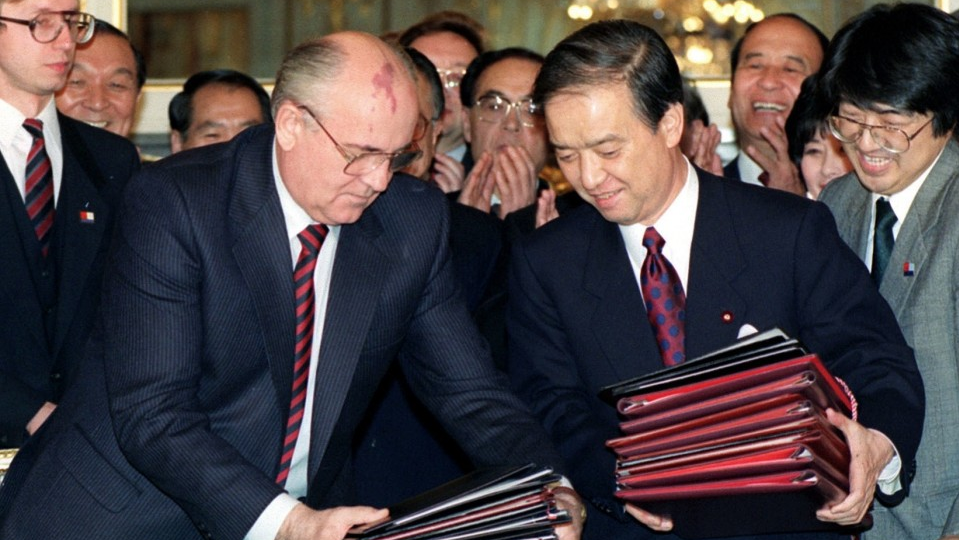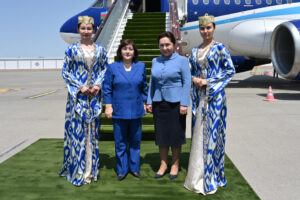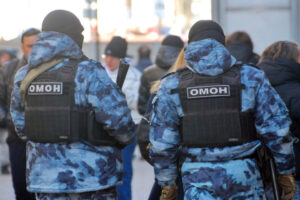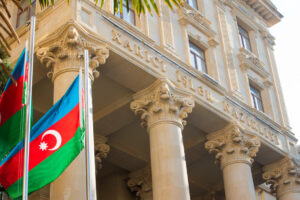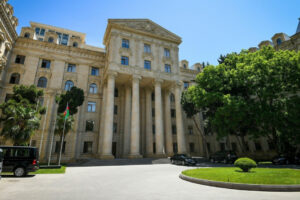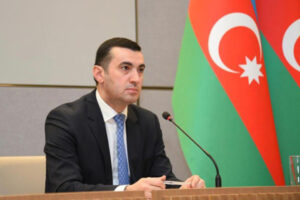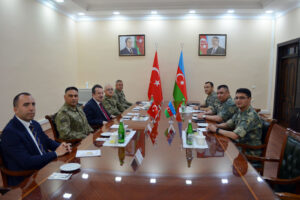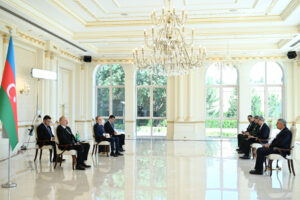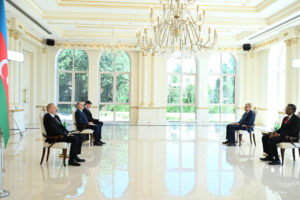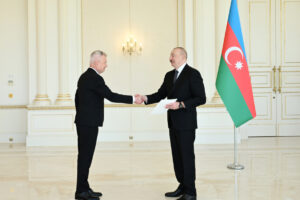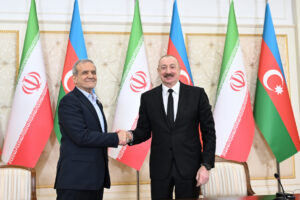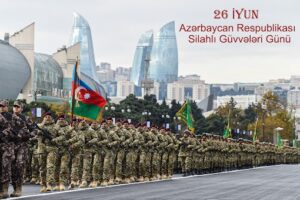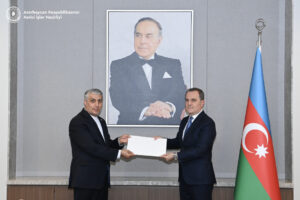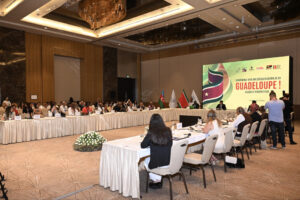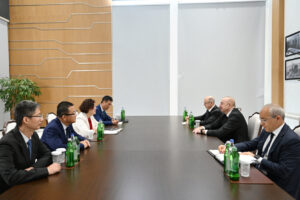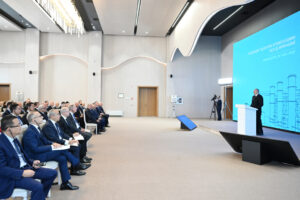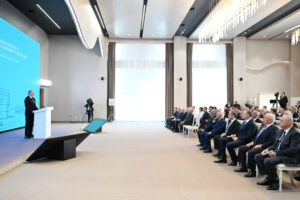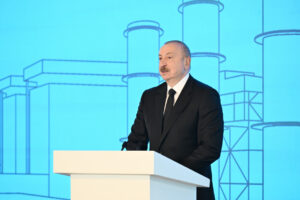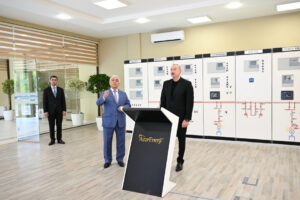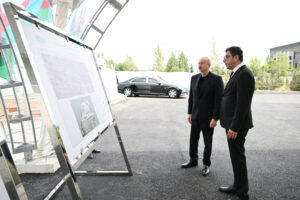Tokyo, 4 January, /AJMEDIA/
A Japanese diplomat confirmed that Mikhail Gorbachev was alive the day after an August 1991 coup attempt by Communist Party hard-liners, becoming possibly among the first countries to get information about the safety of the Soviet Union’s leader, a Japanese diplomatic document showed.
Masaru Sato, an official of the Japanese Embassy in Moscow at that time, met with a senior Communist Party member on Aug. 20, 1991, and confirmed that Gorbachev, who had been placed under house arrest by coup figures at his vacation retreat in Crimea, was “resting” there, according to the document declassified in late December by the Japanese Foreign Ministry.
Sato asked about Gorbachev’s whereabouts and safety and the party member, who was close to the ringleader of the coup, said that Gorbachev had a “heavily strained back” but had a “normal state of consciousness,” the record showed.
The United States and many other countries were rushing to confirm the safety of Gorbachev following the coup that failed within three days and led eventually to the federal state’s dissolution.
Facing resistance from Russian Republic President Boris Yeltsin and others, the coup ended up being foiled and Gorbachev later returned to the presidency, but the last Soviet leader soon lost political power.
The Soviet Union was dissolved and Gorbachev resigned in December of that year. He died in August 2022 at the age of 91.
“Actually, I asked (the Communist member) if they had killed Gorbachev” and the member shook their head in denial, Sato, who is now known as a writer, said in an interview with Kyodo News.
Arguing that the Soviet would “become a third-rate nation under the current administration,” the member also said his group was drawing up a document to put in the following day’s newspaper to gain support for the coup, Sato said. The member said if the document appeared in the newspaper, it would mean “our victory” even though the coup could fail, according to Sato.
Having studied at the Graduate School of Theology of Doshisha University in the western Japan city of Kyoto, Sato was known for his intelligence gathering and strong ties with Muneo Suzuki, a lawmaker once influential in the Japanese political circles and Tokyo-Moscow relations.
Sato wrote about his past exchange with the Communist member in a nonfiction novel published in 2006.

